Breaking up with a narcissistic partner can be an emotionally taxing experience, as I discovered firsthand in the aftermath of ending my relationship with a narcissistic ex-girlfriend. Narcissists tend to have a set of dark personality traits that can be both bewildering and hurtful for their former partners. So it’s intriguing to delve into the psychology of how narcissists treat their exes, as these individuals often leave a lasting impact on those who have dared to sever ties with them.
One striking characteristic is the narcissist’s penchant for manipulation and emotional gamesmanship. In the wake of our breakup, my ex-girlfriend employed a range of tactics aimed at maintaining control and ensuring that the narrative of our relationship suited her agenda. From gaslighting to guilt-tripping, she expertly wielded these tools to cast doubt on my decision and undermine my sense of self-worth. Understanding these behaviors can be crucial for those trying to part ways with a narcissistic ex-partner.
Do Narcissists Suffer After A Breakup?
Table of Contents
In the aftermath of a breakup with a narcissist, their characteristic narcissistic traits and coping mechanisms come to the forefront. As someone who has navigated the stormy seas of parting ways with a narcissistic ex, I can talk at length about their post-breakup experience. While it might be tempting to believe that narcissists emerge unscathed from the demise of a relationship, a closer look reveals a different narrative. Let’s explore how narcissists suffer after a breakup, examining their unique brand of emotional turmoil.
- Ego bruised, not heartbroken: For narcissists, the primary source of suffering lies in the dent to their grandiose self-image, rather than the severing of a deep emotional connection
- Control stripped away: The breakup disrupts the narcissist’s sense of control, prompting desperate attempts to regain dominance and salvage their inflated and false self-worth
- Concealed pain behind arrogance: Outwardly, narcissists may project an air of indifference or arrogance, but beneath the surface, feelings of rejection and abandonment fester. This is what makes it seem like narcissists hate their exes
- Rapid rebound relationships: Often, narcissists seek quick rebounds to reaffirm their desirability and cover up their internal turmoil with external validations
Related Reading: 13 Signs Of A Vulnerable Narcissist In Relationships And How To Deal With One
Regarding the narcissist’s concealment of pain behind an air of arrogance, one study found that narcissists can even go as far as attempting suicide while continuing to adamantly deny their suffering: “Psychiatric inpatient admission of three non-depressed young men who escaped deadly self-injury provided an opportunity to study their character organization. Defects in affect-regulatory functions and evidence of pathological narcissism were identified and explored … Each denied intent to kill himself, and none acknowledged experience of depression or the wish to die. Each also denied his suicidal behavior involved significant risks, and each discounted the importance of obvious, identifiable stressors as triggers for it.”
As we delve into the intricacies of narcissistic tendencies and post-breakup suffering, the question naturally arises: Do narcissists miss their exes, or is their emotional landscape devoid of such sentiments? How to know if a narcissist is finished with you can be a mystery, so let’s unravel this aspect of a narcissist’s behavior.
Do Narcissists Miss Their Exes?
Do narcissistic individuals truly experience the pangs of missing their former partners? And how do narcissists feel when you move on? As we expand upon these inquiries, it’s essential to unravel the complex layers of narcissistic psychology to see how it shapes their post-breakup dynamics such as dumpers remorse. Do narcissists only connect with certain exes? Do narcissists, driven by a profound need for admiration and control, genuinely miss the person they once shared a relationship with?
Here are some things they actually long for when they say they miss their ex:
- Ease of control: Narcissists tend to form relationships based on whom they can overpower, which can influence the intensity of their feelings post-breakup. So if a narcissist wants to be friends after breakup, be wary because it may be a control tactic
- Ego boost: What narcissists may miss more than the person is the ego boost derived from the relationship. The absence of constant admiration can leave them yearning for what they once enjoyed. So a narcissist wants you back only for this missing validation
- Idealized version of the relationship: Idealization vs. reality are a constant battle with narcissists as they often idealize their partners during the relationship, creating an image that may not align with reality. Missing their ex may be more about missing the idealized version than the actual person, particularly in a narcissistic relationship with an empath
- Revisiting their past glory: Nostalgia for the times when the relationship served as a source of narcissistic supply can lead to a distorted sense of missing their ex-partner. Also, denying them their narcissistic supply is what makes them belligerent and why it may seem like narcissists hate their exes
Related Reading: Are Narcissists Capable Of Love?
On dealing with a narcissist obsessed with his ex, a Reddit user makes some observations on men. They explain that once you leave a narcissist, he will show his true colors in this fashion: “He doesn’t miss ‘you.’ He misses what ‘you’ provided. Replace ‘you’ with her/him and that’s how the narcissist sees it. A means to an end. People before you, people after you. It doesn’t matter since they are selfish and just take and take until you’re depleted.”
Let’s now explore whether narcissists experience a genuine feeling of missing their exes. In the following section, we will scrutinize whether narcissists truly want to go back to their former partners or if their motivations lie elsewhere.
Do Narcissists Want To Go Back To Their Ex?

Entering the realm of what a narcissist does at the end of a relationship brings us to the intriguing question: Do narcissists harbor a genuine desire to rekindle a relationship with their ex-partners? Do narcissists only connect with certain exes — the ones they know they can control? Understanding the motivations behind a narcissist’s actions is key to navigating their post-breakup interactions.
As we explore whether narcissists want to go back to their exes, it becomes apparent that their motivations are often intricately tied to their need for control, validation, and the preservation of their grandiose, albeit false self-image. Here are some reasons for getting back with their former partners:
- Ego restoration: Narcissists may entertain the idea of reconciliation as a means to restore their wounded ego and regain a sense of control over the narrative of the relationship
- Seeking narcissistic supply: The desire to reconnect often stems from a need for a fresh supply of admiration and validation, which the ex-partner previously provided. If a narcissist wants to be friends after breakup, it usually means they’re after this supply
- Manipulative intentions: Narcissists may express a desire to reunite, not out of genuine love, but as a strategic move of romantic manipulation over their ex-partner
- Cycle of idealization and devaluation: The cyclical nature of narcissistic relationships may lead to a desire to go back, driven by the idealization phase. This phase is followed by devaluation. All of this creates a temporary illusion of improvement
One Reddit user talks of his narcissistic ex-girlfriend seeking this narcissistic supply from him: “Mine told me she misses the ‘old Tim.’ I responded the ‘old Tim’ that you kicked out and abandoned all those times? The ‘old Tim’ that you’d go weeks and months ignoring not caring if he was dead or alive? They don’t hold anything sacred, let alone another person, beyond themselves.”
When narcissists revisit past relationships, it’s vital to understand how they treat their exes in these scenarios and, more importantly, how one can navigate such interactions. In the next section, we’ll explore how narcissists treat their exes and offer insights on how to effectively respond to these challenging situations.

How Narcissists Treat Their Exes And How To Respond
Even if the relationship ends, the narcissistic abuse will likely continue. The aftermath of a breakup with a narcissist often unveils a complex dance of manipulative behaviors and emotional turbulence. “How do narcissists feel when you move on?” I asked a friend, who has been on the receiving end of the harm caused by his self-consumed ex-partner.
He shared, “From my experience, once you leave a narcissist, he will go to great lengths to protect or feed his ego. A narcissist obsessed with his ex is a common sight for some. But to face it personally was extremely disturbing. I couldn’t have kept sane without the support of those who believed my side of the story.”
Related Reading: 30 Manipulative Things Narcissists Say In An Argument And What They Actually Mean
Understanding how narcissists treat their exes is pivotal for those navigating the challenging terrain of post-relationship interactions. So let’s talk about the common patterns of narcissistic abuse exhibited by them once you break up. We also offer effective strategies for responding to these often tumultuous encounters.
1. They will gaslight you
People with Narcissistic Personality Disorder lack empathy, which enables them to employ narcissistic gaslighting tactics to erode your confidence and sense of reality. They sow seeds of doubt through:
- Persistent denial
- Trivializing your experiences
- Even rewriting of events
This emotional manipulation leaves the ex-partner questioning their own sanity and memories. It creates a toxic environment where the narcissist’s version of events takes precedence, infecting your mind with confusion and self-doubt.
How to respond: Documenting interactions can help. Keep records of conversations and incidents to protect yourself from gaslighting and false accusations. Doing this will probably not get a narcissist to admit to their wrongdoing but it will protect you from feeling like you’re imagining things.
Related Reading: Manipulation In Relationships – 11 Subtle Signs You Are A Victim
2. They will attempt triangulation
Triangulation is a calculated narcissistic strategy aimed at maintaining emotional control. By introducing a third party — whether real or perceived — into the narrative, the narcissist triggers feelings of jealousy, competition, and insecurity in their ex-partner. Plus, if she or he cheated now and wants to be friends, there’s a good chance they’re attempting to employ this tactic on you. Whether flaunting a new relationship or strategically orchestrating interactions, this control tactic serves to manipulate emotions, exert influence, and keep the ex-partner entangled in the web of the narcissist’s machinations.
How to respond: Be aware of the narcissist’s intent in trying to make you jealous. Recognizing triangulation is the first step in mitigating its impact. Refrain from engaging in confrontations with the third party or expressing overt jealousy, as this fuels the narcissist’s manipulation.
3. They will give you the silent treatment
Narcissists treat their exes with the silent treatment as a powerful form of emotional abuse. Why do they do this? Let’s see:
- It’s done to assert dominance and instigate anxiety in their ex-partners
- By abruptly withdrawing communication, the narcissist leaves the ex-partner in a state of uncertainty and desperation for resolution
- This calculated tactic is designed to maintain control, as the silent treatment communicates that the narcissist holds the power to grant or withhold emotional connection. Narcissists love holding power over a person, no matter what kind of power it is

How to respond: Stay calm and collected. Don’t allow the narcissist’s behavior to trigger frustration or desperation, at least not in front of them. Refrain from begging or pleading for attention. Giving in to emotional pleas will definitely reinforce the narcissist’s belief that silent treatment is an effective tool for manipulation.
4. Your narcissistic ex will resort to hoovering
Post-breakup, narcissists often engage in hoovering, a manipulative cycle of the idealization stage followed by devaluation aimed at luring their ex-partner back into the relationship. It’s a three-stage cycle through which the narcissist seeks to re-establish control over their ex-partner’s emotions and undermine their self-confidence, creating a cycle that perpetuates emotional turmoil and dependency.
Related Reading: 6 Types Of Emotional Manipulation And Expert Tips To Recognize Them
These are the three stages of their behavior:
- Intermittent displays of affection
- False promises of change
- And intermittent attention in the form of excessive praise
How to respond: Be aware of covert narcissistic hoovering and recognize it as a manipulation strategy employed by the narcissist to regain control and attention. Ask yourself: Are the narcissist’s promises of change or displays of affection temporary? If yes, they are intended to manipulate emotions.
5. They will shift the blame onto you
A cornerstone of narcissistic behavior involves deflecting responsibility for the relationship’s demise onto their ex-partner. By casting themselves as blameless victims, narcissists skillfully manipulate the narrative, leaving their ex-partners burdened with unfounded guilt and shame. If you’re faced with a ‘she or he cheated now wants to be friends’ situation, they will very likely attempt to shift blame on you.
Be wary. This blame-shifting tactic serves to absolve the narcissist of accountability while reinforcing their sense of superiority, and also to create a sense of self-doubt in their victim.
How to respond: Resist internalizing the false guilt imposed by their blame-shifting. Remind yourself of your own intentions and actions (list them out if it helps), and don’t let the narcissist’s attempts to shift blame affect your self-worth. Resist the urge to become overly defensive or to react emotionally in front of your ex. Instead, calmly address inaccuracies and then redirect the conversation toward finding solutions or resolutions.
Related Reading: 17 Signs You’re With An Emotionally Immature Woman
6. They will attempt to smear your reputation
To safeguard their own image, narcissists may initiate smear campaigns against their ex-partners. Through a calculated dissemination of false information, distortions, and character assassinations, they attempt to tarnish your reputation. Narcissists treat their exes this way not only to isolate them socially but also to reinforce their control over the narrative surrounding the breakup. This can cause severe trust issues and low self-esteem in the victim, potentially damaging future relationships.
How to respond: If your ex is doing this to you, seek support. Reach out to friends, family members, or a therapist for a supportive network during this challenging time. Get a restraining order if you fear for your safety. And always remember to prioritize self-care in the middle of all this.
7. A narcissist wants you back if they resort to love bombing
Love bombing is a deceptive technique wherein the narcissist inundates their ex-partner with overwhelming displays of affection and attention. This reinforcement of love and admiration creates a sense of dependency and excitement, effectively luring the ex-partner back into the narcissist’s orbit. This strategy of narcissistic behaviors is characterized by an exaggerated intensity of emotions and grandiose displays of love and sexual advances, only to be followed by subsequent manipulation and emotional withdrawal. The bitter truth is that narcissists care only about themselves.
Also, take note of future faking. A Reddit user recounts her experience of dealing with a narcissistic ex: “It was definitely future faking. The narc will find someone else within a week and start telling her that she is the future wife and beyond perfect. That promise means nothing to them because they will drag it and drop it onto the next person in line.” If this is relatable, then rather than genuinely missing you, please know that your ex is attempting to manipulate you.
Related Reading: How To Differentiate Between Love Bombing And Genuine Care
How to respond: Clearly define and enforce healthy boundaries to protect your emotional well-being. Firm boundaries will come about as a result of self-awareness, and will stop you from getting carried away. Gauge their reaction to your assertion of these boundaries.
8. They may attempt to control or manipulate your finances
Narcissists love to overpower their partners completely. People with Narcissistic Personality Disorder may exert financial control during and after the relationship, leveraging money as a tool for manipulation and influence. They do this by:
- Controlling access to resources
- Creating financial dependency
- Using financial threats
The narcissist ensures that their ex-partner remains entangled in a web of dependence, further complicating the process of disentangling from the toxic relationship. For example, a common way of controlling finances post-breakup is by refusing to pay child support.
How to respond: Consult loved ones or a financial advisor for ways you can become financially independent. If needed, consult a lawyer to see if there is any legal recourse.
9. Your ex will exploit your emotional vulnerabilities in yet another display of narcissism
Narcissists maintain dominance by recognizing and exploiting their ex-partner’s emotional vulnerabilities. It is a key tactic employed by them to keep you trapped. By leveraging your most deep-seated insecurities, fears, or past traumas, narcissists gain a strategic advantage and ensure that you remain emotionally entangled and dependent through trauma bonding. This is probably one of the most damaging narcissist moves and makes it harder for the victim to trust a new partner.
How to respond: In this situation, sever contact with your ex-partner immediately. If that is not possible, at least minimize contact as much as possible to break free from the cycle of manipulation and regain emotional clarity. It’s not a good idea to even remain friends with a narcissist.
10. Narcissists will attempt to manipulate the narrative
Narcissists habitually engage in pathological lying through fabrication of elaborate stories, exaggerations, or omissions. They do this to achieve the following:
- It is a means of controlling perceptions, attempting to make it seem like their bad behavior is not such a serious offense
- The compulsive liar manipulates the narrative to maintain a facade of superiority and regain control of the situation
- Narcissists behave this way because pathological lying serves to reinforce the narcissist’s inflated false self-image while undermining the ex-partner’s ability to discern truth from fiction, perpetuating a cycle of confusion and dependency

How to respond: It would help to cultivate emotional independence in order to reduce dependency on external validation. Your core friends and family will support you through this. Make a list of facts, and read it whenever you doubt yourself. Share it with your loved ones.
11. They will play the victim card
Narcissists treat their exes like abusers to gain the upper hand. Despite being the orchestrators of emotional manipulation, narcissists skillfully play the victim to elicit sympathy and deflect blame onto their ex-partners. This manipulative tactic, known as DARVO (deny, attack, and reverse victim and offender), involves presenting themselves as unjustly persecuted, fostering a narrative where their ex-partner becomes the alleged aggressor.
It shifts the perceived power dynamic in their favor. By portraying themselves as innocent victims, narcissists further manipulate perceptions, making it challenging for their former partners to assert their own truths and experiences.
Related Reading: Exposing A Narcissist – What You Should Know
How to respond: Since there is nothing you can do to change another person’s perspective, the best thing would be to ignore their actions and focus on your healing. Block them from everywhere. Prioritize self-care activities to nurture your mental and emotional health when dealing with a narcissistic injury of this kind.

Key Pointers
- Breaking up with a narcissistic partner is often not the end of the story. They will continue to affect your personal life and other relationships in the aftermath
- Narcissists do suffer post-breakup but not in the way the rest of us do — They suffer from a lack of ego validation and miss the control they had on you
- They have a range of tactics that they may employ to lure you back into their control such as hoovering, blame-shifting, love bombing, and DARVO
- Understanding narcissism is the first step you can take. It’ll help you respond to their attempts at drawing you back into their abusive games
We’ve delved into the intricate psychology of how narcissists treat their exes and explored the nuances of the suffering they go through, and the one they inflict upon others. From gaslighting to love bombing, the manipulative tactics employed by narcissists have been laid bare. If you’re going through this hurt, we hope you’re taking steps toward breaking free of their control.
By documenting interactions, educating ourselves, and focusing on healing and self-care, you can not only navigate the complex web woven by narcissists but also reclaim control, fostering a journey of self-discovery and empowerment beyond the shadows of manipulation.
No Contact With A Narcissist – 7 Things Narcissists Do When You Go No Contact
Your contribution does not constitute a charitable donation. It will allow Bonobology to continue bringing you new and up-to-date information in our pursuit of helping anyone in the world to learn how to do anything.


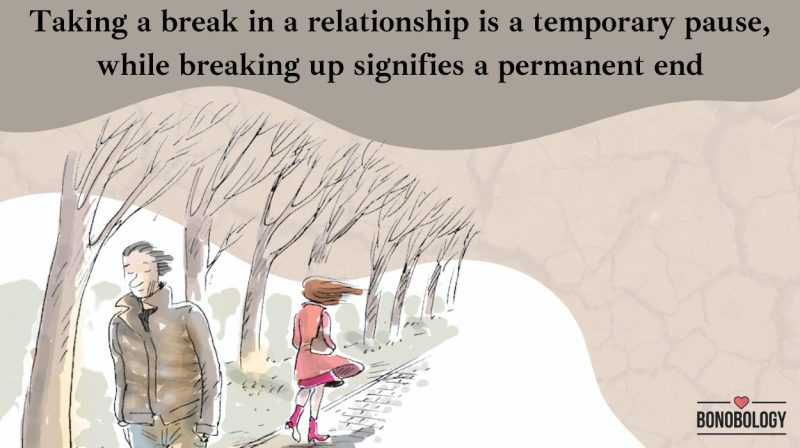








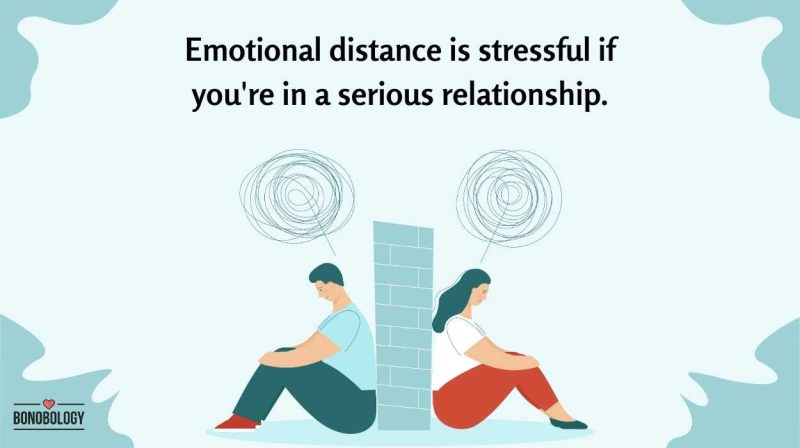
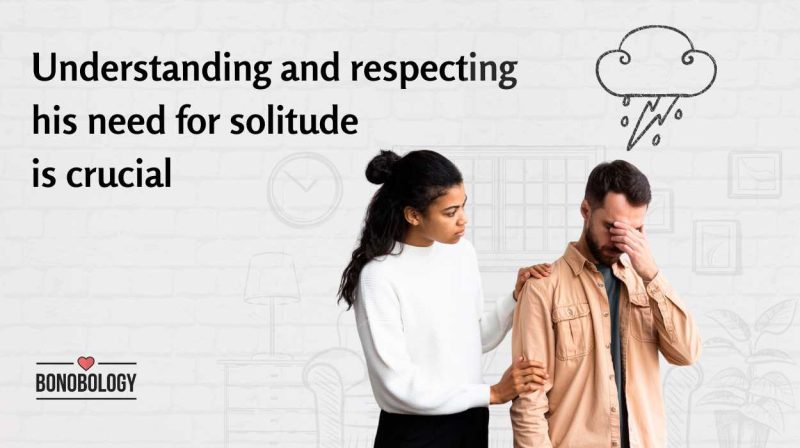
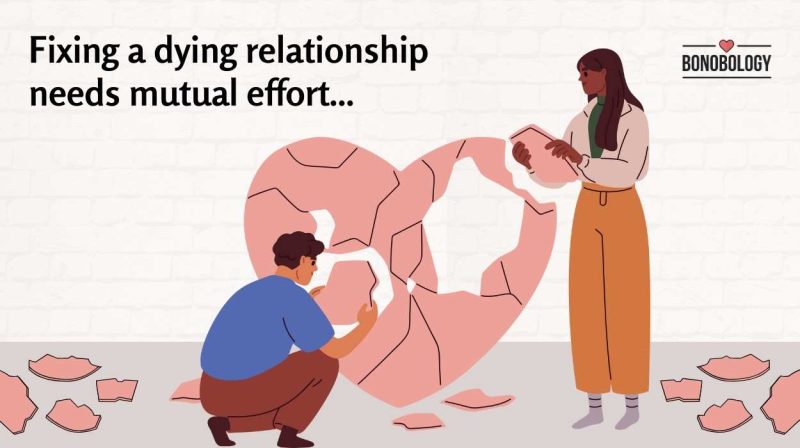
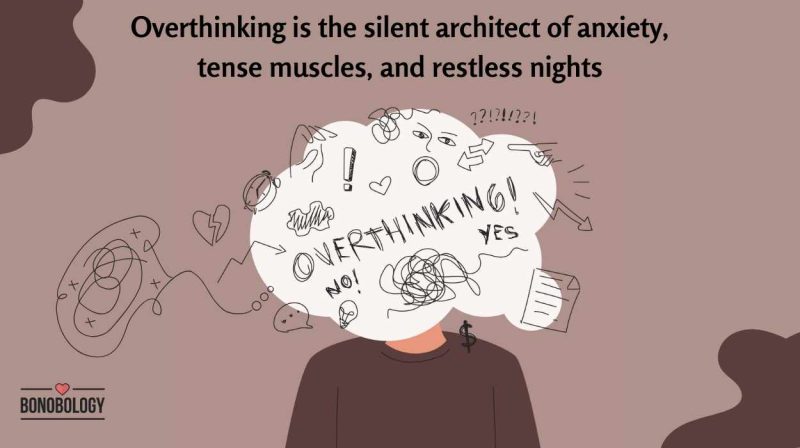

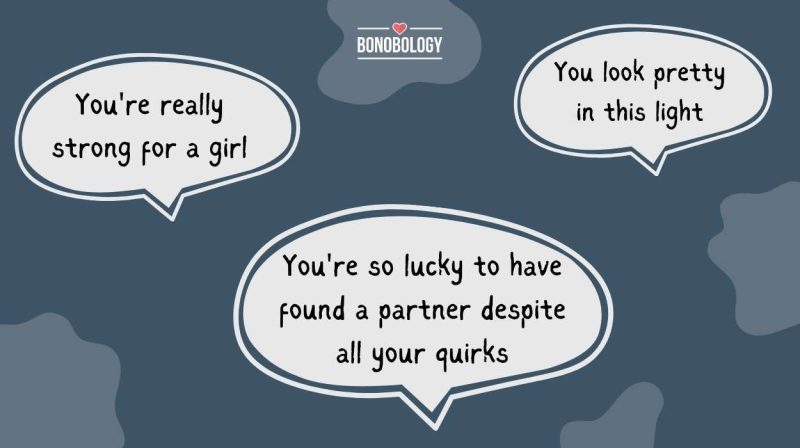
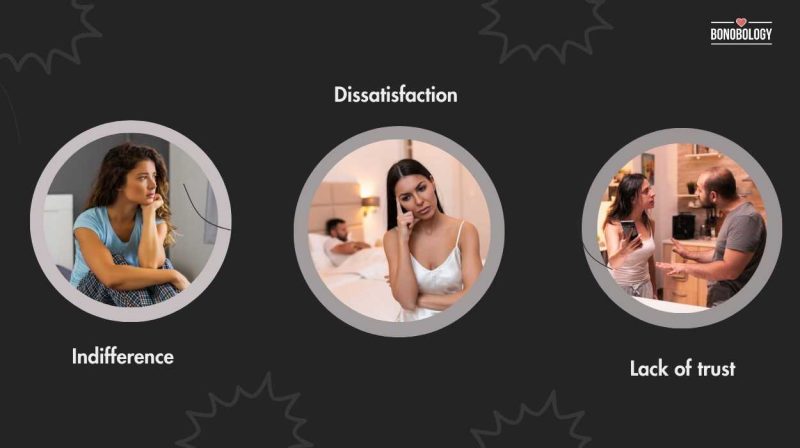
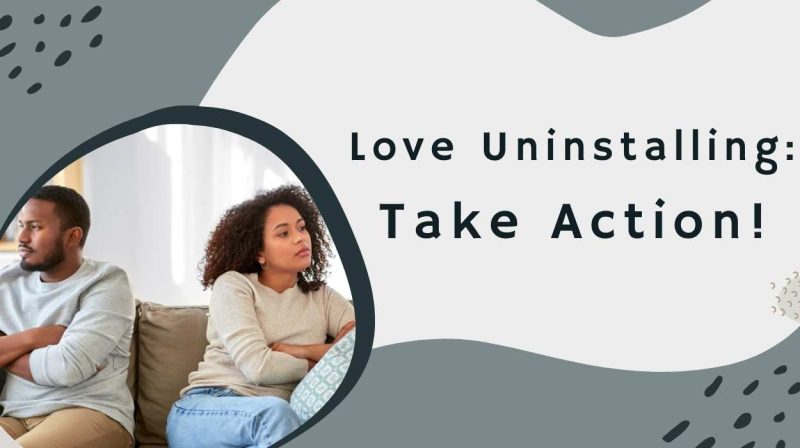



Žila jsem s narcistou 25 let! Byla to hrůza! Vaše články jsou jak přes kopírák, kdybych popisovala náš vztah. Bohužel jsem nedokázala pochopit, co se děje. Dnes vím! Děkuji Vám za možnosti, získat informace pro ostatní ženy!